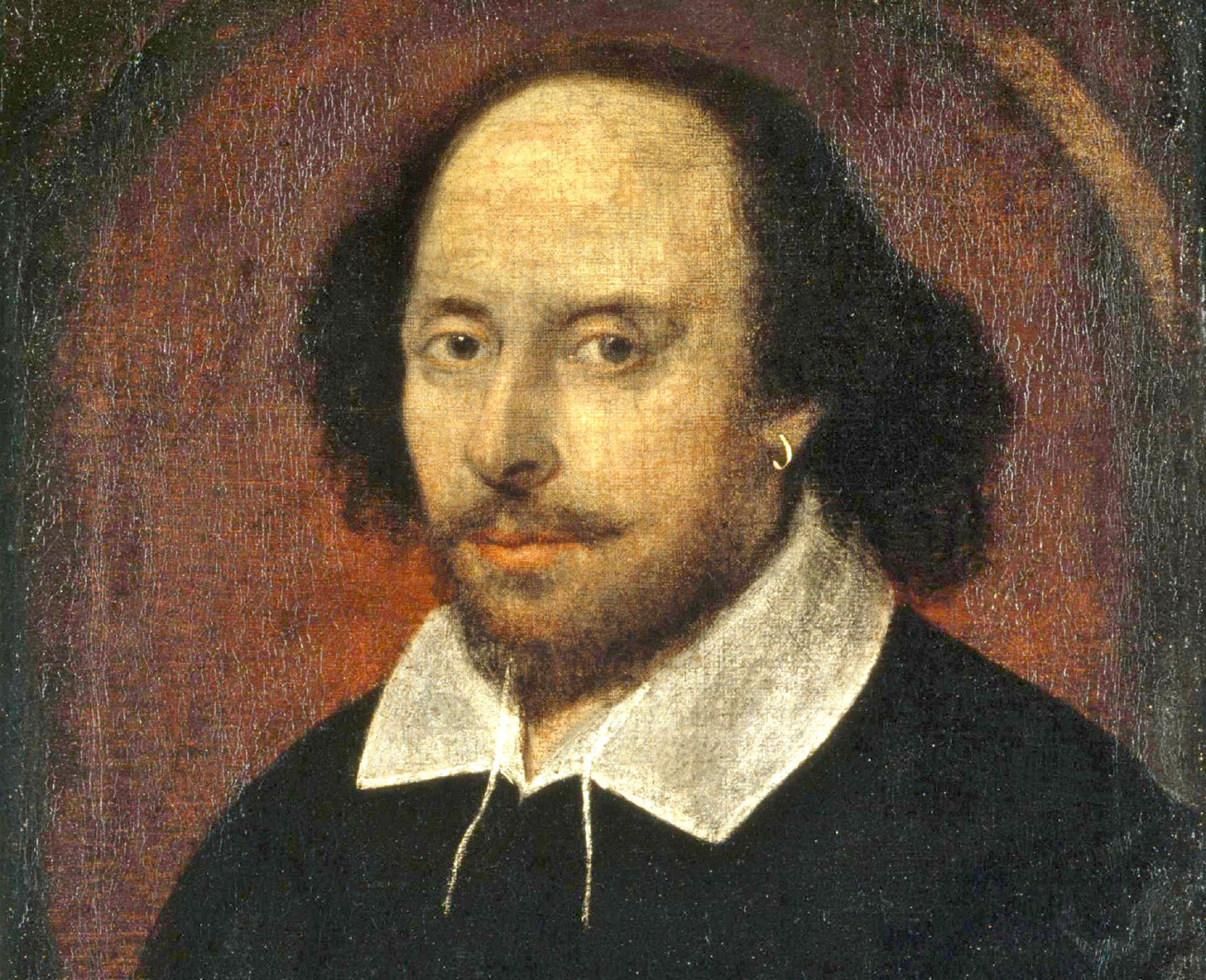All’s Well that Ends Well
March 18, 2016

Think Shakespeare has no swag? He invented the word.
Such hipster memes, witty tweets, and even the translation of “Hamlet” into Klingon — a “Star Trek”–inspired language — all pay homage to a man who long ago left this earth.
Four centuries after shuffling off his own mortal coil, the immortal William Shakespeare continues to captivate audiences everywhere.
As part of a worldwide commemoration of the 400th anniversary of Shakespeare’s death next month, the College of Liberal Arts and Human Sciences will host a series of events to celebrate his literary, theatrical, and cultural legacies.
“Our celebration will focus on Shakespeare’s enduring irresistibility,” said Katharine Cleland, an assistant professor of English and a principal organizer of the series. “Why do we consider him to be so great? Why does he have such a hold on us centuries later?”
On March 21, Peter Holland, a former director of the Shakespeare Institute at Stratford-upon-Avon and former president of the Shakespeare Association of America, will present “Forgetting Shakespeare Performance.” Holland, a world-renowned expert on the Bard’s literary and theatrical feats, will touch on the ubiquity of Shakespearean allusions in memes, tweets, and other forms of popular culture.
On March 22, Ralph Alan Cohen, co-founder and director of mission at the American Shakespeare Center in Staunton, Virginia, will present “The Moment of Shakespeare.” The American Shakespeare Center, home to the world’s only re-creation of Shakespeare’s indoor theatre, is internationally recognized for presenting its performances under original staging conditions.
Both lectures are open to the public and will be held at 4 p.m. in the Squires Studio Theatre on the Blacksburg campus.
In addition, Kate Eastwood Norris – a Shakespearean performer and a Virginia Tech theatre alumna – will offer student workshops as part of an artistic residency with the Virginia Tech School of Performing Arts in April.
“Shakespeare is so woven into our cultural present because he’s such a part of our cultural history,” said Elizabeth Spiller, a Renaissance scholar and the dean of the College of Liberal Arts and Human Sciences, who will introduce Holland. “He’s perhaps the quintessential example of how literature and art can be at the heart of human innovation, allowing us to imagine and create identities and the language to express those identities that we might not otherwise have. A world without cultural innovation would be a very impoverished one.”
Holland’s visit was made possible by an ACC Distinguished Lecturers Program grant that was awarded to the Department of English and the School of Performing Arts, both within the College of Liberal Arts and Human Sciences.
Written by Paula Byron







